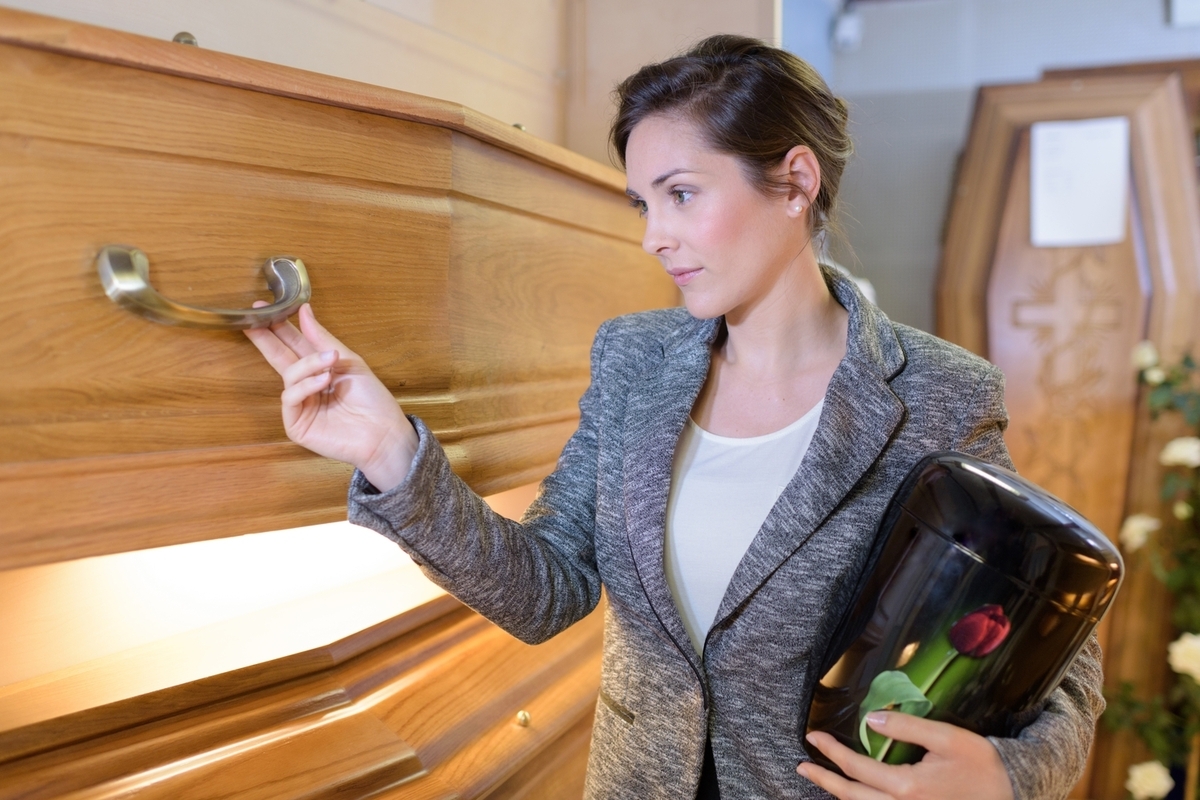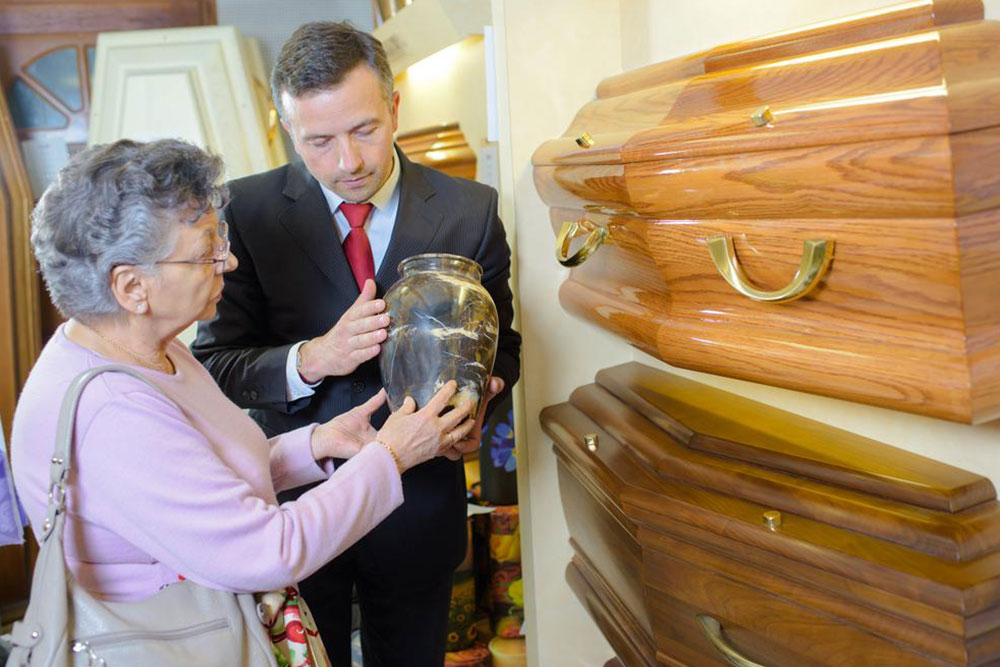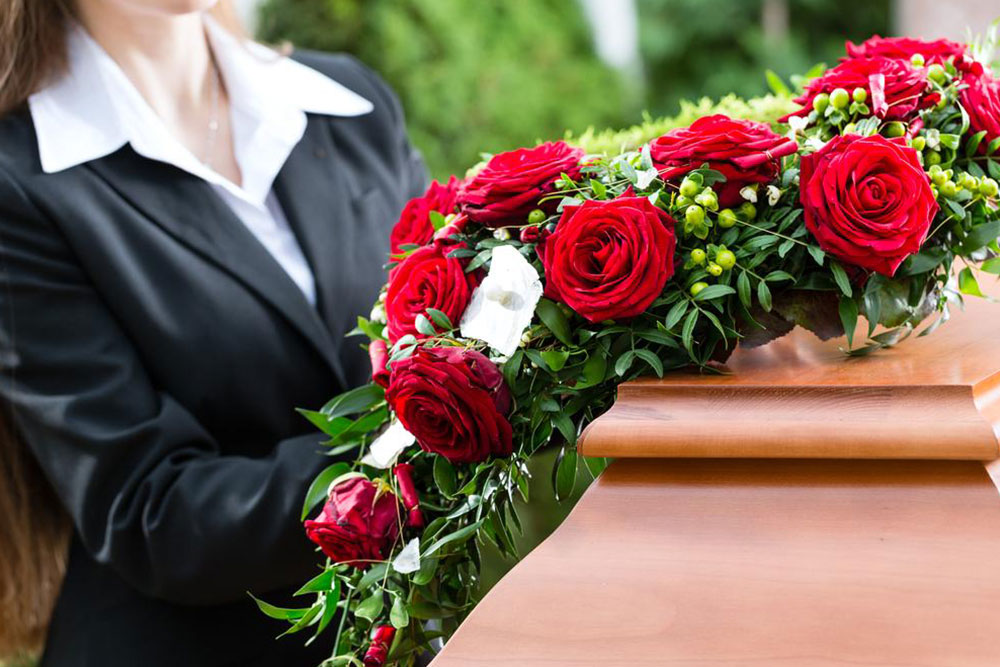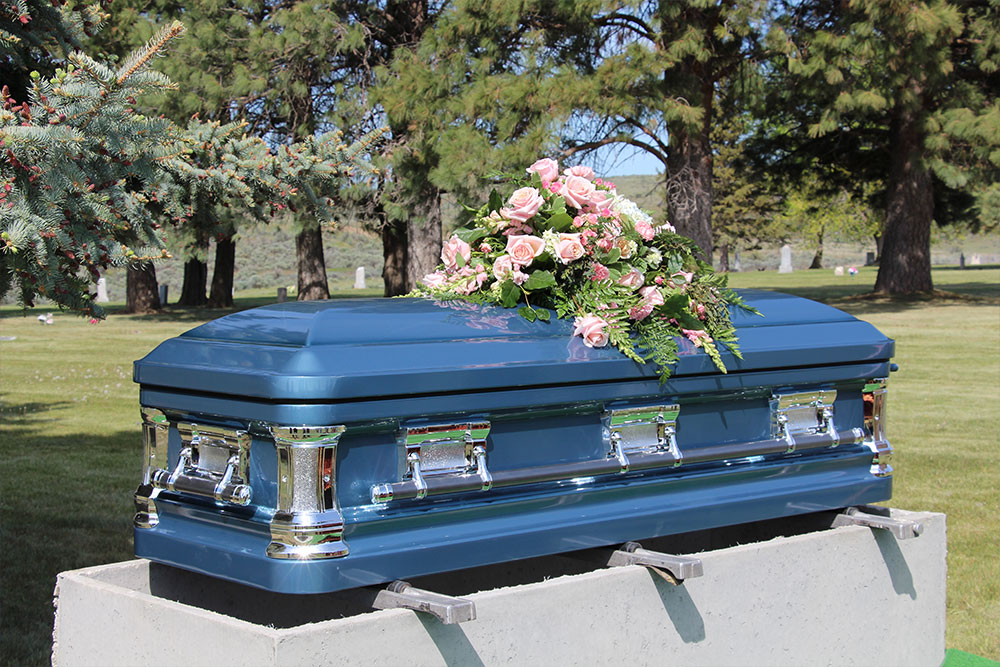Understanding the Cost of Cremation in Australia
The process of saying goodbye to a loved one encompasses both emotional and financial considerations. Cremation, as an alternative to traditional burial, has become increasingly popular in Australia due to its practicality and often lower costs. This article delves into the various elements that contribute to the cost of cremation in Australia, providing a comprehensive understanding to those who are planning for end-of-life arrangements. This can help individuals make informed decisions.

Factors Influencing Cremation Costs
Several things influence the overall cost of cremation.
1. Basic Service Fees
Funeral homes typically charge a basic service fee that covers the essential services provided by their staff. This fee typically includes arranging various services, filing required paperwork, coordinating with the crematorium, and transporting the body.
The basic service fee can vary significantly between providers. On average, you might expect to pay between AUD 2,000 and AUD 5,000.
2. Cremation Fee
This fee covers the physical process of cremation, which involves the use of specialized equipment and facilities. In Australia, the cost for this service generally ranges from AUD 600 to AUD 1,500, depending on the location and specific crematorium.
3. Optional Embalming and Viewing Services
While embalming is not typically required for cremation, some families opt for it to allow for a viewing or wake. Embalming costs can range from AUD 500 to AUD 800. Viewing services, together with the use of a chapel or viewing room, could add an additional AUD 500 to AUD 1,200.
4. Caskets or Containers
Cremation usually requires a container or casket made of combustible materials. The prices for these range widely based on the type and design, with simple cremation containers costing as little as AUD 200, while more elaborate caskets can cost anywhere from AUD 1,000 to AUD 4,000 or more.
5. Urns and Keepsakes
An urn for holding the cremated remains is another optional cost. Urns vary significantly in price based on material, size, and design, ranging from AUD 50 for basic models to several thousand dollars for bespoke or artisanal urns. Additionally, some families may choose keepsake items, such as jewelry containing a small portion of the ashes, which can cost anywhere from AUD 100 to AUD 500 or more.
6. Transportation and Transfer Services
Transporting the body from the place of death to the funeral home or crematorium can incur additional costs. Basic transportation fees generally range from AUD 200 to AUD 600, depending on distance and the specific services required.
7. Memorial Services
Holding a memorial service, either before or after the cremation, can involve costs for venue rental, flowers, catering, and professional services such as celebrants or officiants. These services can add anywhere from AUD 1,000 to AUD 5,000 to the overall cost, depending on the level of elaboration.
8. Legal Documentation
Securing necessary paperwork, such as death certificates and cremation permits, usually incurs additional fees, though these are typically minimal, ranging from AUD 50 to AUD 200.
Average Costs Across Major Cities
The cost of cremation can vary based on geographic location due to differences in local service provider pricing and regulatory requirements.
– Sydney: AUD 5,000 to AUD 8,000
– Melbourne: AUD 4,500 to AUD 7,500
– Brisbane: AUD 4,000 to AUD 7,000
– Perth: AUD 4,500 to AUD 7,000
– Adelaide: AUD 4,000 to AUD 6,500
– Hobart: AUD 3,500 to AUD 6,000
– Canberra: AUD 4,000 to AUD 6,500
– Darwin: AUD 4,200 to AUD 6,800
Ways to Manage Costs
1. Direct Cremation
Direct cremation is a no-frills option wherein the body is cremated shortly after death without a preceding funeral service. The cost for direct cremation is notably lower, often between AUD 1,500 and AUD 3,000.
2. Prepaid Funeral Plans
A prepaid funeral plan can help lock in costs at today’s rates, potentially saving families money in the long run. These plans allow individuals to arrange and pay for their cremation services in advance, providing financial and emotional relief to surviving family members.
3. Public vs. Private Crematoriums
Choosing a public crematorium may result in lower fees compared to private facilities. Public crematoria are often government-subsidized, providing more affordable options.
4. Charitable Organizations
Certain charitable organizations offer financial assistance for cremation services to families undergoing financial hardship. Eligibility criteria and the level of assistance vary, so it’s worth researching available options.




